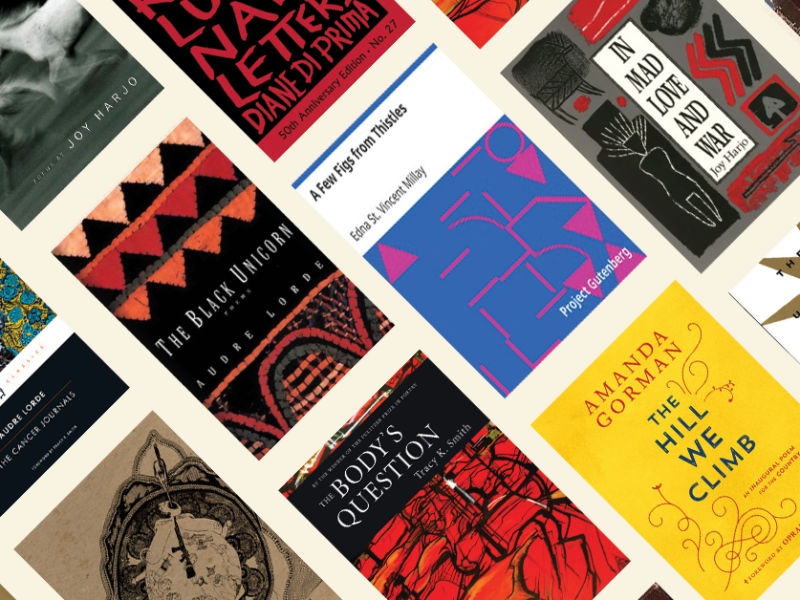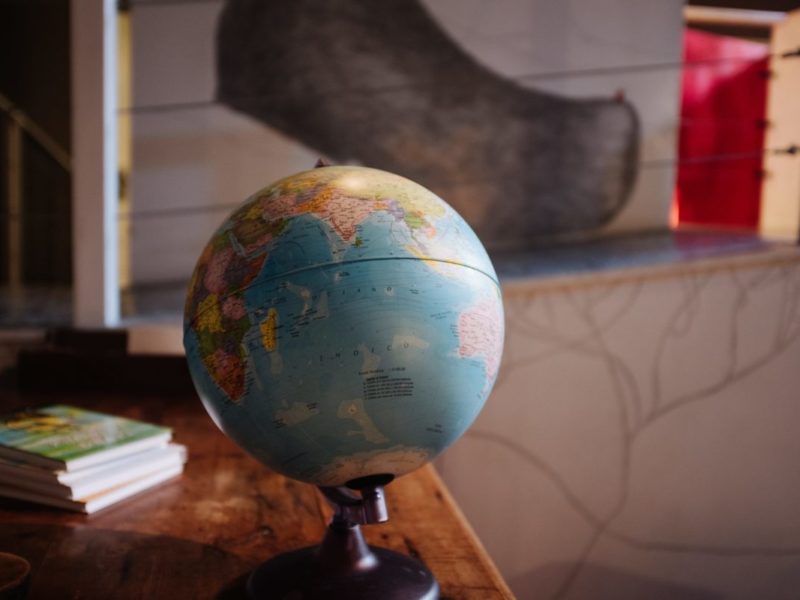Celebrate Women’s History Month with these 7 Sensational Poems
Women’s history month helps to deepen our understanding of history and women’s rights, roles, and contributions throughout time. Each March, we highlight the contributions women have made throughout history and in contemporary society. To honor the past, inform the present, and inspire the future, we’ve selected 7 incredible, influential poems for Women’s History Month.
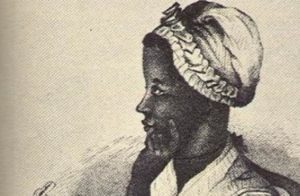
Courtesy of The Poetry Foundation
“On Being Brought from Africa to America” by Phillis Wheatley (1773)
Made of just four couplets, this poem made history as it was written by the first published African American poetess. Sold into slavery at only seven years old, Wheatley showed an early propensity for the English language, publishing her first poem in a local newspaper at just 14. Though she seldom referred to her own life in poems, this one has become one of her most widely read works.
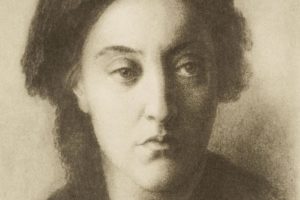
Lebrecht Music and Arts Photo Library / Alamy Stock Photo
“In the Bleak Midwinter” by Christina Rosetti (1872)
Known for her mastery of meter and clever restraint, Rosetti’s work influenced great English writers such as Virginia Woolf, Elizabeth Jennings, and Philip Larkin. Much like most of Rosetti’s work, “In the Bleak Midwinter” has a song-like quality. After being set to music, this nativity poem became one of England’s most well-known Christmas carols.

Courtesy of The Poetry Foundation
“Because I Could Not Stop for Death” by Emily Dickinson (1951)
Dark and ferocious, Dickinson is an early and prominent voice in feminism. “Because I Could Not Stop for Death” is perhaps one of her best-known poems, in which the grim reaper takes the shape of a gentlemanly suitor. The narrator seems almost at ease with the presence of death as they pass through town in his horse-drawn carriage, leaving the reader to contemplate ideas of death, the afterlife, and immortality.
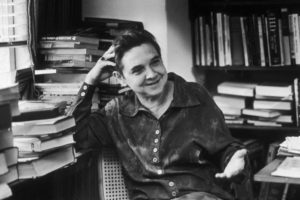
Photo by Neal Boenzi/New York Times Co./Getty Images
Diving into the Wreck” by Adrienne Rich (1973)
First published in 1973, this poem by feminist poet Adrienne Rich tells the story of a scuba diver exploring an underwater shipwreck. As the speaker swims, the color of the water slowly changes from blue to green to black, representing a deeper dive into the subconscious as the speaker gradually uncovers their identity and becomes part of a collective “us.”
 “Scenes from the Battle of Us” by Cate Marvin (2004)
“Scenes from the Battle of Us” by Cate Marvin (2004)
Award-winning poet Cate Marvin takes a sharp stab at the often-gendered nature of movies and literature in this poem. Marvin is known for taking on issues of gender and violence; “Scenes from the Battle of Us” is no exception.

Rachel Eliza Griffiths. Courtesy of Blue Flower Arts
“Duende” by Tracy K. Smith (2007)
Poet, educator, Pulitzer Prize-winner, and 22nd Poet Laureate of the United States, Tracy K. Smith offers an enigmatic yet vivid exploration of duende—the hard-to-grasp concept of the spirit of art and culture, or our reaction to it, a sort-of existential blues. Reading Smith’s “Duende,” readers are lost in the tumbling, the beautiful yet terrifying rhythm of music and dance the poet weaves.

Jacqueline Mia Foster
“Pain Scale” by Catherine Barnett (2018)
Currently a creative writing professor at New York University, Catherine Barnett is an American poet known for her subtle and cumulative force. Among her many accolades include a James Laughlin Award, a Guggenheim Fellowship, and a Whiting Award. Her poem “Pain Scale” from Human Hours begins with a vivid depiction of the narrator in the gynecologist’s office, travels to the ocean floor and ends with a crowd of women in the streets. Confronting ideas of womanhood, pain, and privacy, Barnett offers a complex and modern analysis of the self and women’s health.


